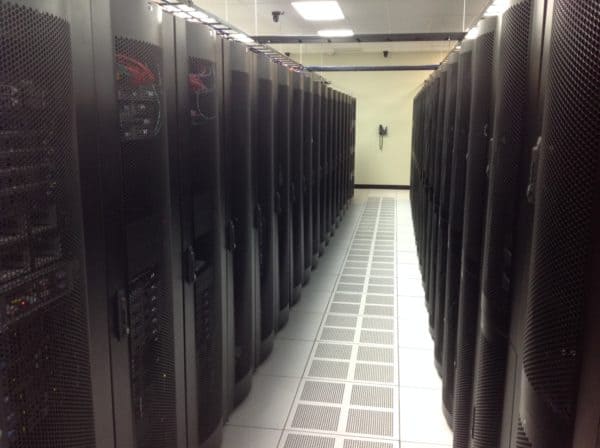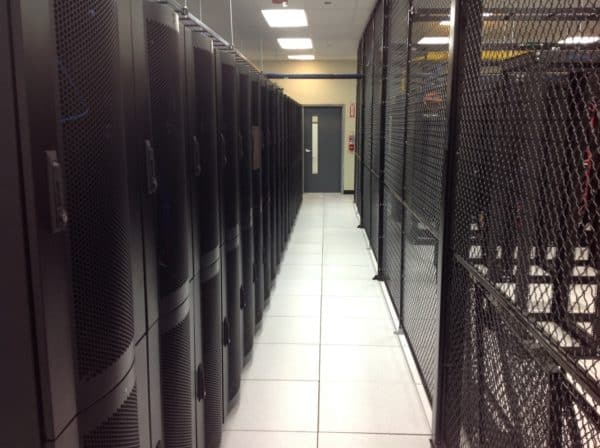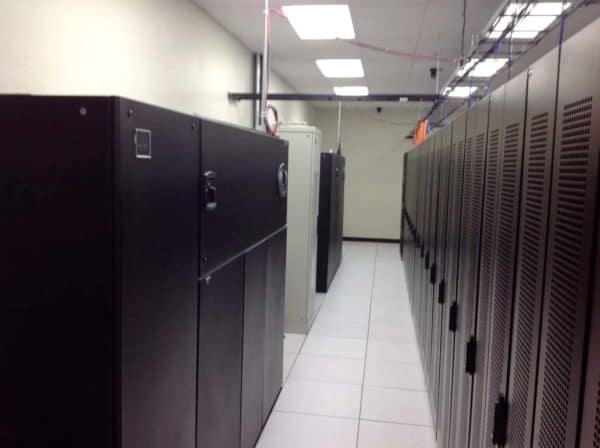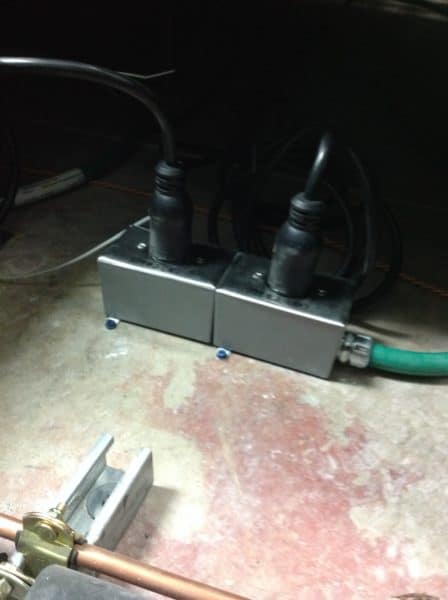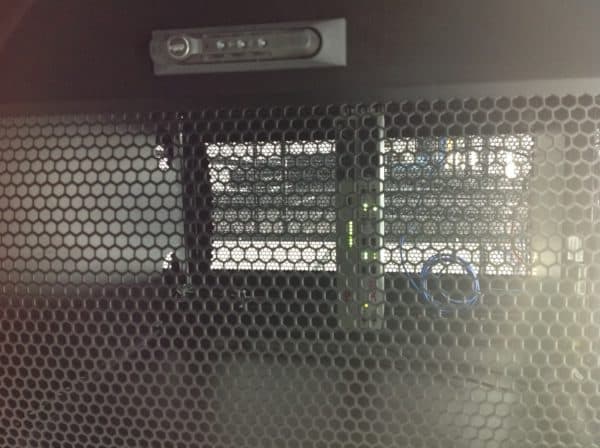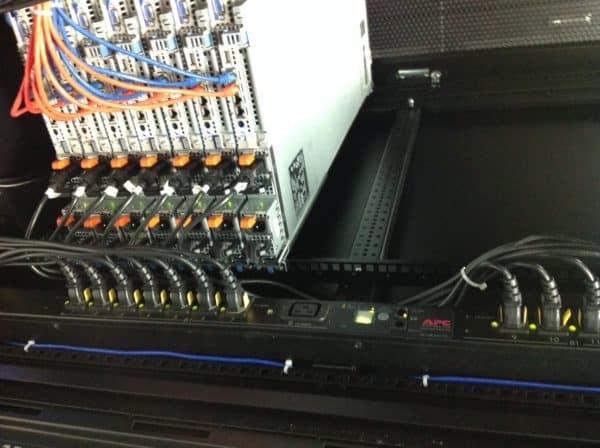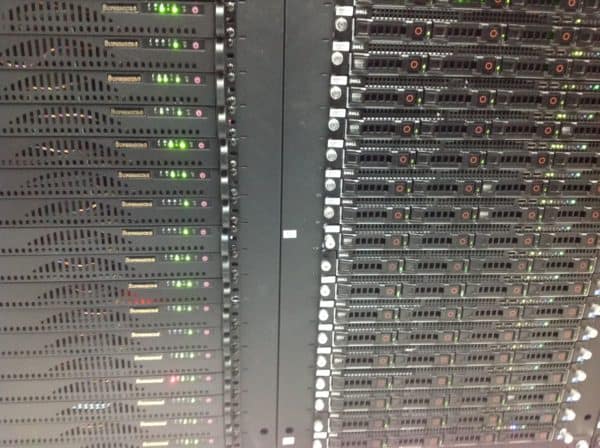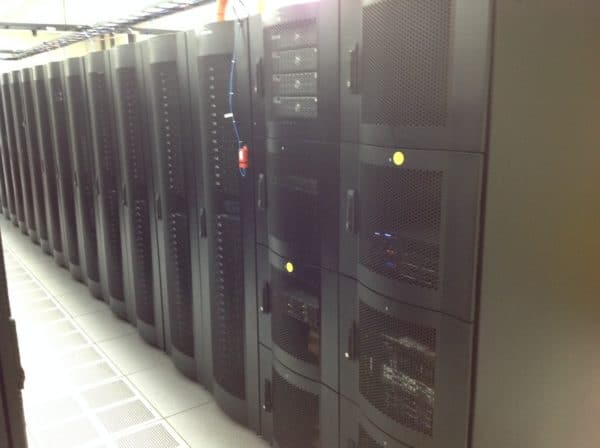Although many think of this as simply “server operation outsourcing,” there are a number of things that customers have to figure out when they are selecting colocation services; things that they are responsible for even though the servers will be housed off-site.
Hardware and Operational Questions
Obviously, those who are looking for server colocation are trying to expand their IT infrastructure without ramping up their own server storage capabilities in-house. This means they already have operational servers, and the server colocation plan has to work within the greater service-oriented architecture. Related questions include:
-
- How are you currently getting data out of your servers?
-
- What’s the retrieval method, and what overarching platform allows you to pull data from various virtual or physical hardware pieces?
You also have to look at other hardware aspects of server colocation. For example, in looking at data storage solutions, lots of companies are now using a redundant array of independent disks or RAID approach. RAID generally provides fault tolerance by setting up redundant data storage. Whether RAID setups are “striped” or otherwise partitioned, they represent more modern and capable storage solutions than a single hard drive repository that can be compromised at any time.
Another consideration is related to bottlenecks and speed. For example, the specific hardware responsible for data transfer has a set CPU or “chip” speed that can end up being a limiting factor for actually using server colocation setups. This is something that in-house people have to evaluate as they look at expanding their digital operations.
Power and Environment Questions
In setting up server colocation, there’s also the question of power supply. The vendors offer specific amounts of power, for example, 120V or 208V service, or 20 amp or 30 amp service. Those who are responsible for sourcing server operations have to look at the maximum power draw for their IT processes, which involve several factors.
There’s also the issue of environmental factors such as security and cooling. Ask vendors specific questions about the security provided for the server environment; especially if server colocation is part of a plan for protecting sensitive financial or medical data for business. Customers will also want to check with the vendor to make sure that they have power backups and cooling backups as part of a disaster recovery plan and an essential safeguard in case power or cooling is compromised.
Maintenance and Cost
In terms of cost, those looking for server colocation are going to have to consider whether vendors are offering fixed rate or variable rate data costs. It’s also important to look at service contracts to specify “uptime,” or in other words, to verify how consistent accessible service will be.
Also for fixing failed disks or other problems, colocation facilities sometimes ask for specific fees or other arrangements. For example, there may be a fee structure related to “remote hands” service, where some technician at the vendor company needs to go in and service equipment at a given time.
Lastly, there’s the issue of connecting to the global Internet. Vendors may charge different rates for sets of IP addresses, which may be a big factor in the overall colocation package, depending on how companies are using their servers. In general, a client will want a dedicated IP address, because they are often using their servers as they would in an in-house situation; to represent the business on the Internet. Not having a dedicated IP address can muddy the waters in terms of how SEO or other operations are assessed by those monitoring IP traffic.
When setting up collocation systems, businesses need to take many factors into account and ensure they are clear on roles and responsibilities of all involved.
Convenience
A major component to keep in mind is how easily can you put hands on your colocated gear when the inevitable time comes. If a piece of hardware fails and needs to be replaced it is most likely up to you to replace that component. While it is hopeful you have redundancy built into your servers that no one hardware failure creates an emergency. Based on 12 years in the hosting business, I believe this is very wishful thinking. So let’s assume a server power supply fails and your online presence is down. Every mile between you and your data center is a mile you have to travel to get your system back online. If time is money for you like it is for so many of us, then you need to consider how much time you will be down in one of these scenarios. You should consider asking your data center if a hardware locker combined with remote hands is available to make this scenario less harrowing.
How Does Hivelocity Stack Up
To simplify the colocation experience Hivelocity will gladly provide consultation free of charge to ensure the systems you house in our facility is well thought out. If you do not already have systems and are in the procurement process we are happy to save you money by leveraging our buying power and large discount rates from vendors like SuperMicro and Dell. If you already have the gear we are glad to answer any questions you may have or offer advice on how to make the existing solution the best it can be.
Hivelocity offers MetroE and VPN services to customers in the greater Tampa Bay Area to ensure remote access to your systems within our data center is fast and secure.
Hivelocity offers both 120v and 208V power. Please just let us know which you prefer and we will ensure the proper power is ready and waiting for you upon arrival to install your gear. We will of course assist you in that installation as well if you need it. Our facility is N+2 on CRAC cooling so you can rest assure your systems will always be maintained at optimal temperatures.
We have provided our customers with 100% uptime for over 3 years. It doesn’t get better than 100%. We guarantee 99.99% per our SLA agreement.
Each of our colocation customers are provided with 10GB of free cloud storage available to them within our myVelocity customer portal. Additionally, customers are able to set up monitoring of up to 5 services on each server they colocate with us. myVelocity provides bandwidth and IPMI reports as well.
